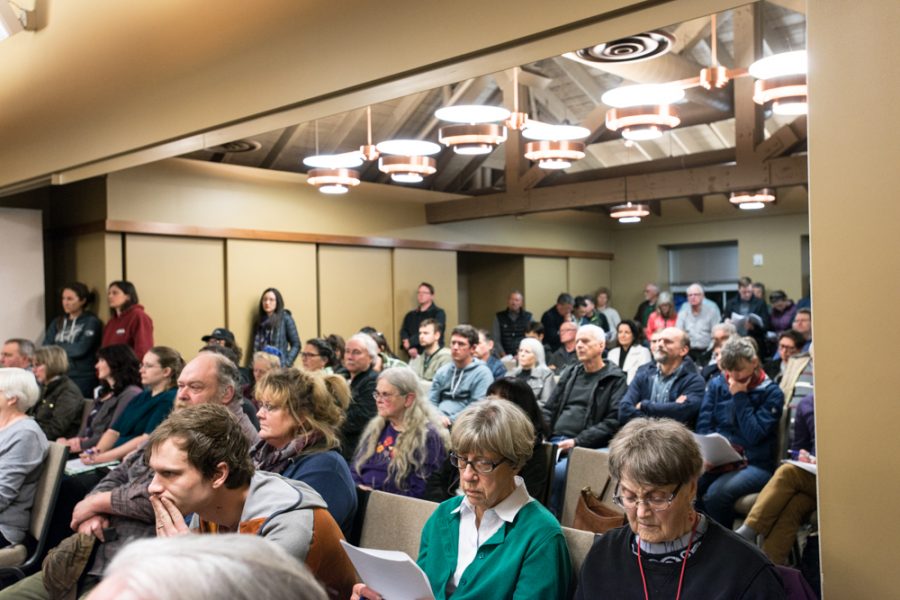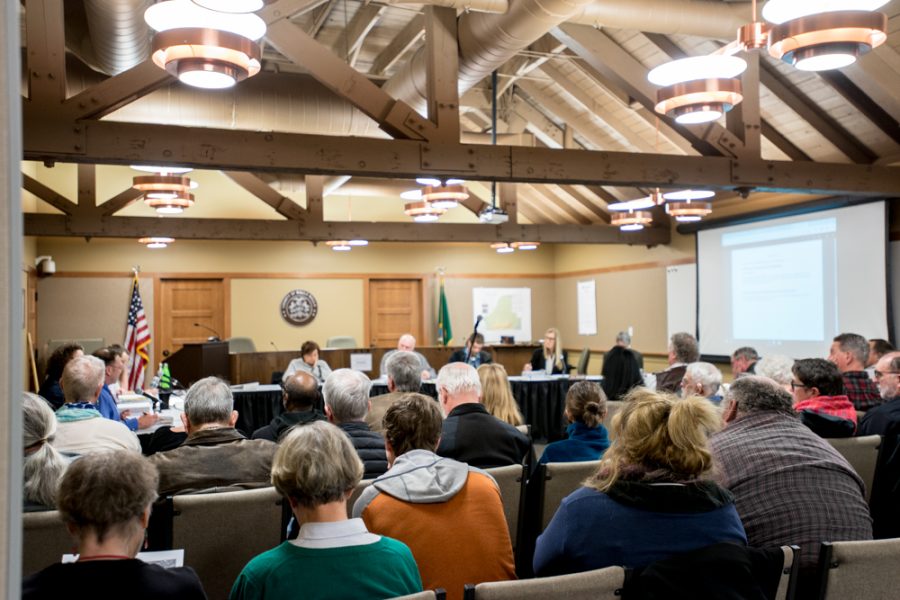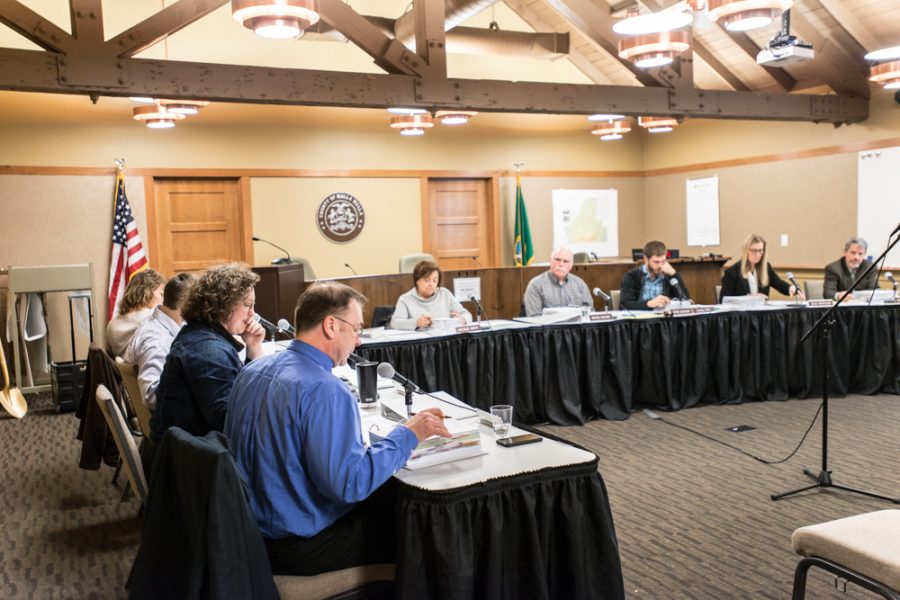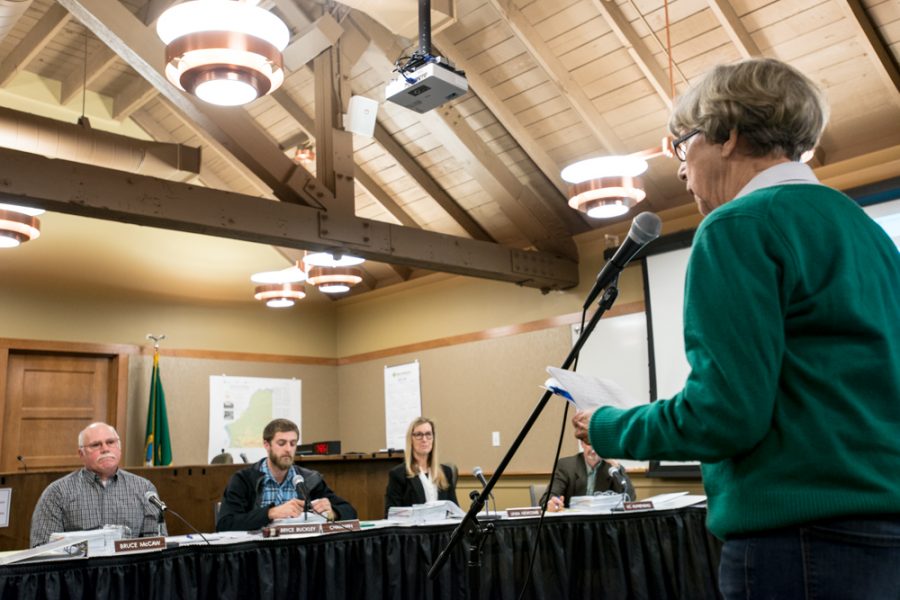
At the meeting, Darlene Dozier pitched the bottling company to the Planning Commission as environmentally friendly and community-minded. She said she wanted to start the company after “looking at the contents of bottled water and [finding] most to not be healthy.”
“Our concept,” said Dozier at the meeting, “was created out of a desire to provide water for consumption that is in its purest form. Water is pumped from the deepest salt layers of the earth, and is bottled untouched except for the filtration of sediment and particles.”
According to Dozier, the company would aim for B-Corp status, a certification for for-profit companies that meet certain standards of social and environmental performance. Dozier also mentioned that the bottles would be made of glass or biodegradable plastic. The Doziers also claimed that on site bottling and strip testing would reduce the environmental impact of their company.
The Planning Commission received many public comments between January 25, when the public hearing was announced, and February 7, as well as in person comments at the meeting. Emma Rollins ‘18 who interned at Hayshaker Farm last summer and learned about the proposal through her contacts there, sent an email to several environmental student listservs encouraging students to submit comments and attend the meeting.

Many comments also echoed those of Jennifer Mallo, who wrote to remind the commission that “WE ALL benefit from the water in the ground and for one couple to think they can make a profit off of this precious resource is unbelievable to me. I hope the county commissioners think of the entire population and the impact this can have on our community. I am expecting to see a unanimous NO from the commissioners.”
A major theme of many comments emphasized the communal ownership of the watershed and how important it is to every valley resident, both for daily life and the agricultural industry. Additionally, many people said that making individual profit off of a community resource seemed both morally wrong and potentially dangerous, depending on how much water is taken and how climate change could affect the county’s aquifers in the future.
Fiona Bennitt ‘17 attended the meeting in opposition to the amendment. “As someone who hopes to study hydrology,” said Bennitt in an interview, “I am really concerned about the aquifers and how they are going to be taxed in the coming years given that our population is growing.”
This amendment reminded many citizens of a water rights battle Waitsburg had with Nestlé just two years ago

Paul Gregutt wrote the commission to remind them that just “two years ago a huge majority of the citizens of Waitsburg demanded an end to efforts by Nestlé to steal the city’s water.” Mr. Gregutt believes that “the immediate benefits to any city or county that invites [Nestlé] in are minuscule compared to the potential long term damage. Water is the new oil in this 21st century. Water rights dating back to the 1900s were never intended to allow any individual to plunder the water table that belongs to the larger agricultural community, simply for their own enrichment.”
While concerned citizens focused mainly on the environmental impact of the proposal, the concern of the Planning Commissioners was that the amendment seemed too broad in its scope, affecting all agricultural zones in the county.
Moving forward the County Commissioners could vote to accept the recommendations of the Planning Commission, omitting the amendment from the docket, or could hold another public hearing. Should the County Commissioners decide to include the amendment on the docket, it could be passed in the future. The official amendment and county records can be viewed on the Walla Walla County

